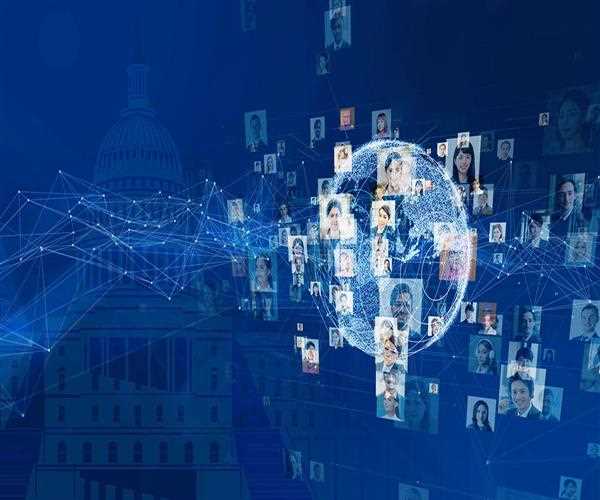The Political Consequences of the Internet on the World
The Internet has revolutionized the way people communicate and access information. It has also had a profound impact on the world's political landscape. In this article, we will examine some of the political consequences of the Internet, how it has changed how governments interact with citizens, and how political campaigns are conducted.
Increased Political Engagement
One of the most significant political consequences of the Internet is increased political engagement. The Internet has made it easier for citizens to become informed about political issues and participate in the political process. Online forums, social media platforms, and websites dedicated to political news and analysis have made it easier for people to access information and participate in political discussions. Additionally, the Internet has made it easier for citizens to organize politically online and offline.
Online Campaigning
The Internet has also changed the way political campaigns are conducted. In the past, political campaigns were primarily conducted through traditional media such as television and print advertisements. However, the Internet has made it easier for politicians to reach out to potential voters directly. Politicians now use social media platforms like Twitter, Facebook, and Instagram to engage with voters and share their messages. Online campaigning allows politicians to reach a large audience quickly and inexpensively.

Government Transparency
The Internet has also made it easier for governments to be more transparent and accountable to citizens. Governments worldwide have started to use the Internet to publish information about their activities and decisions. This increased transparency makes it easier for citizens to hold their government accountable for their actions. Additionally, the Internet has made it easier for citizens to access information about their rights and the laws that govern them.
Cyber Attacks and Propaganda
However, the Internet has also negatively affected the political world. One of the biggest challenges is the risk of cyber attacks, which can compromise sensitive information and disrupt critical infrastructure. Additionally, the Internet has made it easier for governments and political organizations to spread propaganda and misinformation. The ease of access to information on the Internet has made it difficult for people to distinguish between credible and unreliable sources.
Conclusion
In conclusion, the Internet has profoundly impacted the world's political landscape. It has increased political engagement, changed the way political campaigns are conducted and made it easier for governments to be more transparent and accountable. However, the Internet has also posed some challenges, including the risk of cyber attacks and the spread of propaganda and misinformation. As the Internet continues to evolve, it is essential that we remain vigilant and ensure that it is used in a way that promotes transparency, accountability, and freedom of expression.